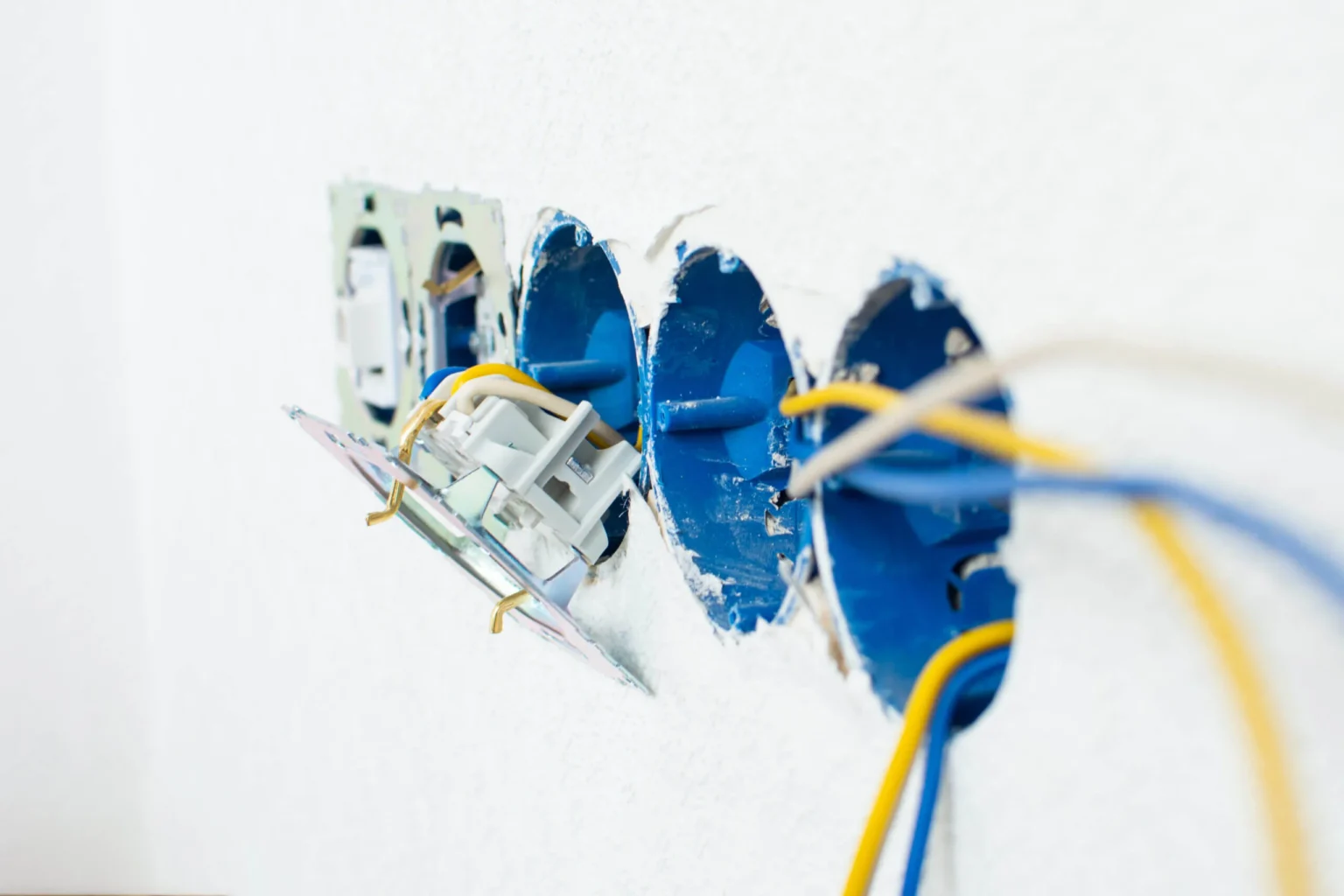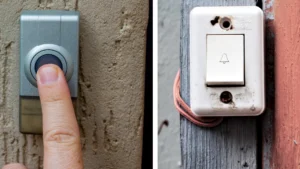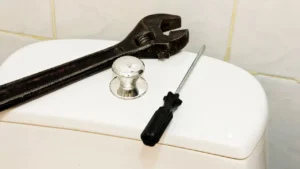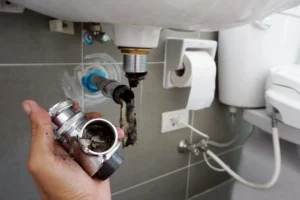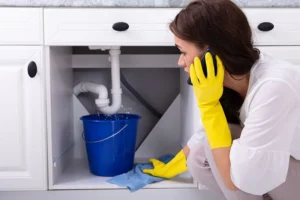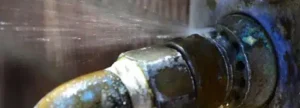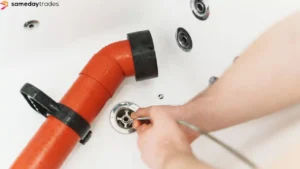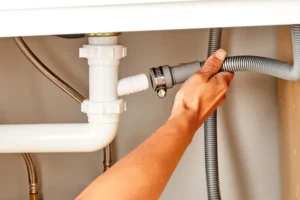Every household has inevitably experienced issues with its electrical systems. However, knowing the signs can help prevent electrical problems.
Any kind of wiring problem can be a fire hazard and lead to extensive fire damage. While a professional electrician can help you understand the signs and educate you about using home appliances correctly, minor mistakes or faulty wiring can be hazardous.
We have curated a short guide with some tips to help you better understand your home electrical system. Understanding the warning signs early on can help prevent electrical fires and decrease the risk of electrical damage.
So, without further ado, let us begin!
8 Signs Of Electrical Wiring Problems
In the case of faulty electrical wiring or an overloaded electrical circuit, we’d suggest contacting a professional emergency electrician for the best services. However, learning about and understanding each warning sign can help you prevent these issues and keep your home and family safe.
Here are some of the top signs of issues with faulty electrical wiring that you should know about.
1. Dimming Lights Or Flickering Lights
One of the first warning signs you should look out for is if you suddenly notice any lights dim or flickering. Keep in mind that electrical appliances like a light bulb generally draw very little power, so it is unlikely that the issue lies with the fixture itself.
However, if you have bigger appliances like a heater connected to one circuit, it is likely that that appliance is causing the issue. The appliances that draw heat or cool a home typically suck a lot of power, which could cause the issue of flickering and dimming lights.
To fix this issue, it is best to contact a professional electrician who can install a dedicated line and outlet for these appliances. Alternatively, the electrician can move the light fixtures to other circuits and change the wiring.
2. Excessive Extension Cords
If you have a number of appliances at home, you have extension cords as well. However, we all know how annoying and unappealing multiple wires around the house look. But apart from creating a less clumsy appearance, wires buried within the house walls has another advantage – they remain undisturbed.
With the presence of extension cords and multiple wires, there are more chances for tripped breakers, kinks in the wire, damaged outlets, shock and fire. Having numerous wires around the house is no longer considered safe, and it is best to use extension cords as sparingly as possible.
In case you need more outlets around the house, contact a licensed electrician for electrical services and have them installed.
3. Fire Sparks From Wires Or Outlets
Fire sparks should always be considered a major warning sign and should be dealt with immediately. Sparks can arise from the main electrical panel, an electrical outlet, a circuit breaker, or the fuse box.
In case of a spark, you should immediately unplug all the devices or wire and switch off the power. The device or fixture may be damaged, or there is some issue with the aluminium wiring.
Ensure that you contact a professional repair person as soon as possible and don’t delay the issue. In case of a faulty outlet or appliance, the professional can fix it with the right tools.
4. Strange Burning Smell
New appliances often emit a foul or strange smell when they are initially connected. While this is entirely normal, a strange or burning plastic smell from circuits or outlets is a matter of concern.
You may also notice that a room or area is suddenly becoming uncomfortably hot. If this issue accompanies the strange smell, switching off all the devices attached to the outlet and removing the plug is imperative.
5. Heat Coming From The Outlet Or Switch Plate
Many appliances in our home are meant to produce heat, like toasters, water heaters, or space heaters are some examples. That said, the cover plates, wires and plug should never become hot. If they become too hot to touch, shut off the power immediately and plug it into a different outlet.
However, if the outlets are hot without any device plugged into them, the wiring or circuit may be an issue. So, remove the fuses attached to them and call an electrician at the earliest.
6. Buzzing Sounds
Ideally, electric current flows smoothly and silently through wiring and circuits. But when you begin hearing buzzing sounds, it could be a sign of loose or frayed wiring, which can cause a shock or overload.
We’d strongly recommend calling a professional for electrical servicing and checking the circuit wire and outlet.
7. Tripped Circuit Breaker Or Blown Fuse Box
Fuses and circuit breakers are there for a reason – to fail and prevent an overload. However, if certain devices perpetually trip a breaker, it is time to get it looked into. You may then need to upgrade the circuit breaker or add new wiring.
8. Incorrect Electrical Outlet In The Bathroom Or Kitchen
Ideally, kitchens and bathrooms should have GFCI outlets (Ground Fault Circuit Interrupters). Since copper wiring is used in these areas, their prolonged exposure to water can cause a power failure and shocks. So, it’s important to replace all the standard outlets with GFCI outlets in these areas.
Conclusion
Dealing with wiring issues can be hazardous, and we recommend taking professional help for electrical work.
At the same time, keep these factors in mind so you can routinely prevent issues related to faulty wiring. In case you need to change the aluminum wire in any area of your home, get a professional electrician and do not attempt it alone.
That’s all we have for you in this guide. Don’t forget to contact the best professional services for a free quote. Also, conserve electricity in your home whenever possible and use devices sparingly to avoid damage.
Take care!

